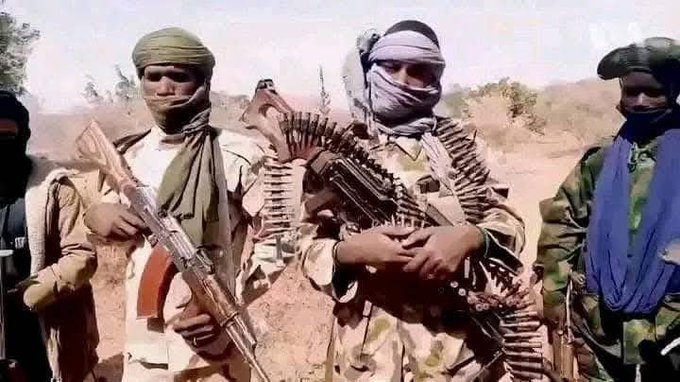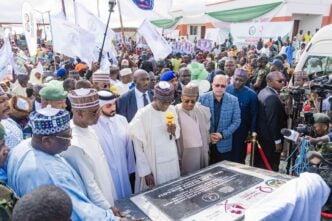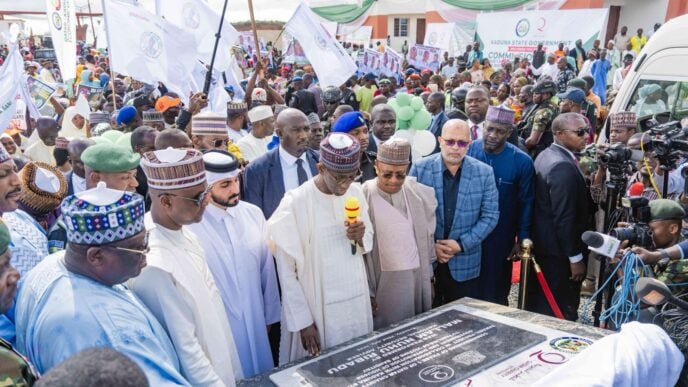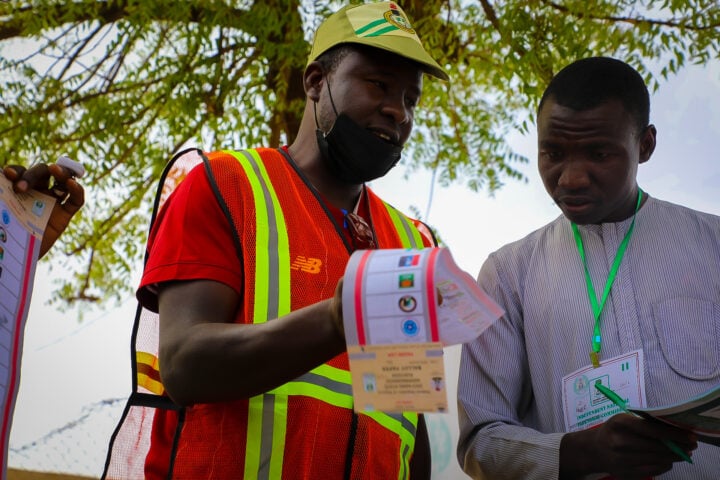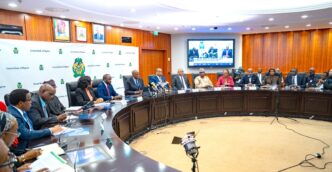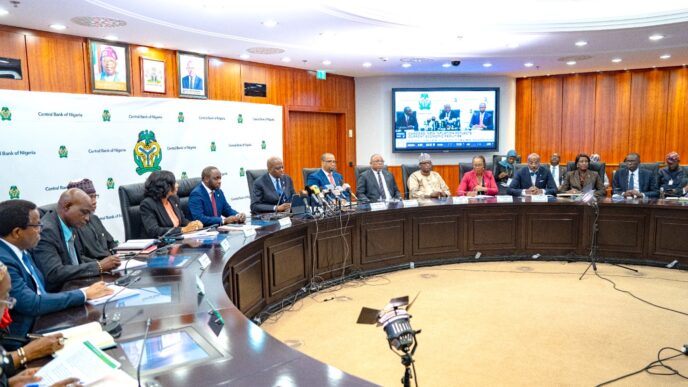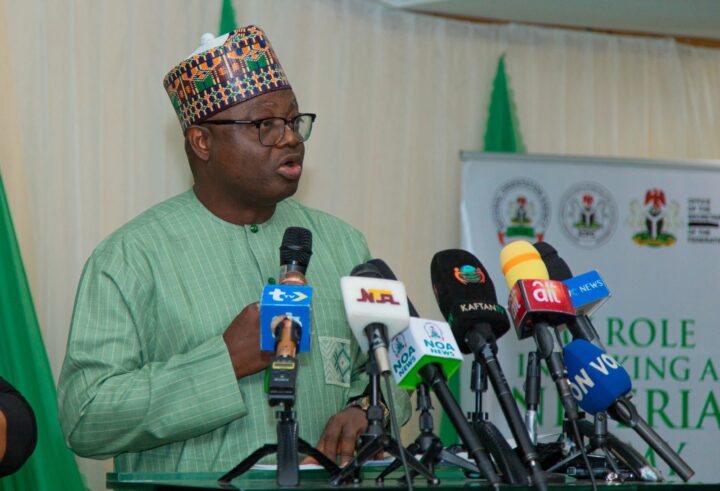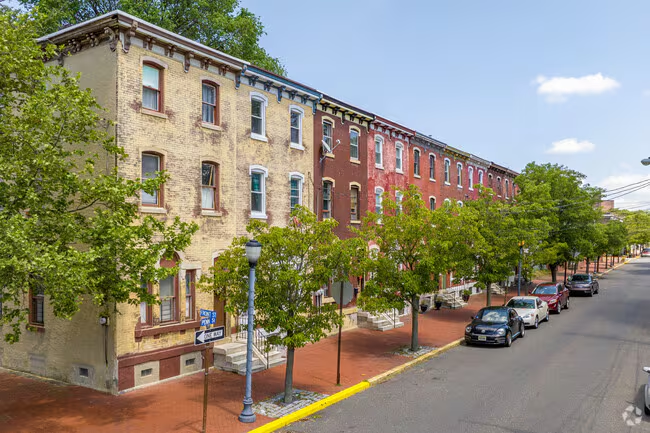Bandit leaders
BY LEKAN OLAYIWOLA
Amid Nigeria’s recent GDP rebasing and marginal inflation gains, policymakers hoped to project stability and draw foreign investors. The rebasing boosted nominal GDP by over 40%, while inflation fell to 22.22% in June 2025, down from more than 40% earlier in the year.
These numbers seemed to suggest progress, reform, and a country on the mend. But while macroeconomic data signals promise on paper, lived experience tells a much more complicated story.
In July 2025, the United States issued a fresh Level 3 travel advisory, urging its citizens to “Reconsider Travel” to Nigeria. The advisory cited terrorism, kidnapping, violent crime, and a stretched healthcare system as critical risks.
Advertisement
Eighteen of Nigeria’s 36 states were flagged under Level 4: “Do Not Travel.” For observers abroad, this may have read like a standard bureaucratic notice. But for many Nigerians, it signalled systemic fragility and eroded civic infrastructure.
The Human Cost of Insecurity
These advisories don’t land in a vacuum. They ripple through the economy, diplomacy, and the collective psyche of the nation. They undermine investor confidence, depress tourism, and reinforce global narratives of Nigeria as an unstable, high-risk destination.
Advertisement
But perhaps most painfully, they validate what citizens already live with daily: Checkpoints resembling combat zones, emergency patients turned away, and families left crowd-funding ransoms amid government silence. The collapse is not just physical—it is civic, emotional, and institutional.
Across Kaduna, Zamfara, and Katsina, insecurity has shifted from episodic to systemic. Kidnapping has become a parallel economy. In 2024 alone, Kaduna recorded over 800 abductions. In response, families sold land, took out loans, or begged for help—often in vain. The result is not only trauma, but a deepening civic disillusionment that fuels further instability.
In Borno, Yobe, and Adamawa, conflict fatigue intersects with structural neglect. Despite military gains and territory reclaimed from insurgents, nearly 2.5 million internally displaced persons (IDPs) remain in humanitarian limbo.
For them, the U.S. advisory’s warning about fragile health systems is not news; it is daily life. Emergency care is patchy. The indignity of unattended injuries, hunger, and untreated PTSD renders safety abstract.
Advertisement
States like Sokoto, Kebbi, and Niger face hybrid threats: ideological insurgency, arms trafficking, and cross-border raids. The advisory’s reference to terrorist–bandit collusion indicates warnings long voiced by locals and security professionals. Meanwhile, in Ebonyi, Abia, and Imo, the line between dissent, criminality, and state response is increasingly blurred.
The Emotional Collapse Within
This designation places Nigeria in a global risk category. But internally, the deeper crisis is emotional: a collapse of civic trust. Government responses still prioritise force over empathy. Where are the trauma centres? The national healing infrastructure? The warning isn’t merely about bombs and bullets, but about broken contracts between citizen and state.
Real safety is not measured in security posts alone. It rests on how a nation treats its wounded, mourns its dead, and listens to its fearful. Without platforms for emotional restitution and civic redress, insecurity becomes not just a crisis but an identity.
Advertisement
Broken Health, Broken Trust
Perhaps the most scathing portion of the advisory is its warning on Nigeria’s healthcare system: “substandard facilities,” “counterfeit medications,” and “cash-before-treatment” norms. These critiques are not hyperbole. Over 70% of Lagos’s primary health centres lack trauma response capacity.
Advertisement
Across the federation, Nigeria’s health insurance scheme is often inaccessible or ineffective. Even in cities, fear of misdiagnosis or fake drugs drives many to avoid clinics altogether.
This isn’t just about broken systems; it’s about broken dignity. Health institutions have become symbols of abandonment. A nation that cannot guarantee dignified care forfeits a vital part of its social contract.
Advertisement
Reputational Costs and Foreign Policy Fallout
The implications extend far beyond perception. Foreign Direct Investment (FDI) in Nigeria fell by 33% between 2022 and 2024, with persistent insecurity cited as a major factor. Dual nationals now face rising travel insurance premiums. Multinationals are pausing expansion plans. NGOs and aid groups increasingly redirect resources to more “secure” zones.
Advertisement
Academic exchanges and diaspora engagement are suffering not just from fear, but from a creeping emotional detachment. When a country becomes persistently branded as unsafe, even hope retreats.
What Past Advisories Teach Us
Nigeria is not alone in facing this kind of reputational crisis. In 2015, Kenya’s $350 million tourism sector nosedived after similar advisories from Western nations. Back home, the 2014 Chibok schoolgirl abductions triggered global condemnation and dealt a severe blow to the Goodluck Jonathan administration, eroding domestic confidence and ultimately contributing to an electoral defeat.
The lesson is simple but urgent: downplaying external warnings or retreating into denial invites reputational decay. Legitimacy—both domestic and international—is restored by reform, not rhetoric.
What This Government Must Do
To be fair, this administration has made efforts to reform local policing models and increase the health budget. But in the absence of visible impact, these efforts feel piecemeal or disconnected from people’s realities.
Nigeria doesn’t need another rebranding campaign. It needs a civic legitimacy strategy that repositions public trust as a national security asset. Without it, policy wins will continue to be drowned out by images of insecurity and institutional silence.
To halt the drift and reframe Nigeria’s place in the global imagination, the current administration must pivot from defensive public relations to proactive civic repair:
∙ Shift from reactive force to proactive intelligence in high-risk zones. Co-creating security with local communities builds trust and surfaces ground intelligence.
∙ Establish a National Kidnap Recovery Fund to support affected families and restore state legitimacy in the eyes of its citizens.
∙ Invest in Community Listening Platforms in conflict-prone states to surface local grievances, document memory, and rebuild civic engagement.
∙ Urgently overhaul primary healthcare systems with transparent audits, prosecution of fraud, and trauma-care expansion in rural and urban centres.
Rewriting Nigeria’s Security Story
To shift perception, we must first change reality. That begins by treating security not as an abstract goal, but as a lived experience rooted in empathy.
Nigeria’s global reputation will not be reshaped by slogans, but by systemic restitution in security, in healthcare, and in how the state honours its citizens.
Reputation is earned through legitimacy. And legitimacy is sustained through empathy.
Lekan Olayiwola is a peace and conflict researcher and practitioner. He can be reached via [email protected]
Views expressed by contributors are strictly personal and not of TheCable.
